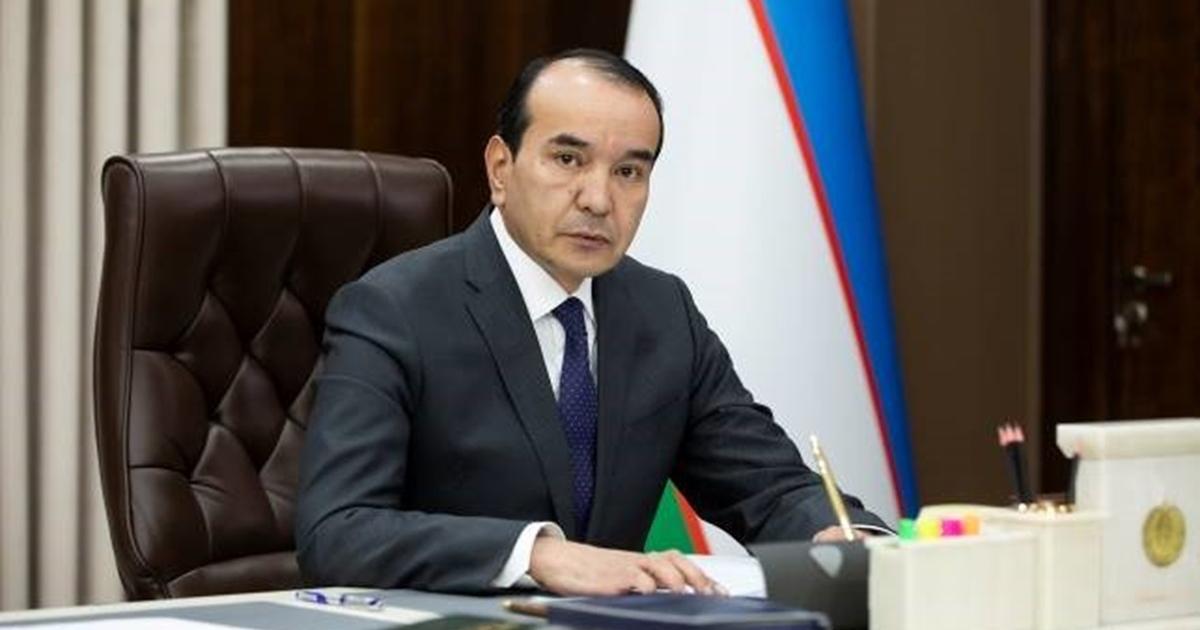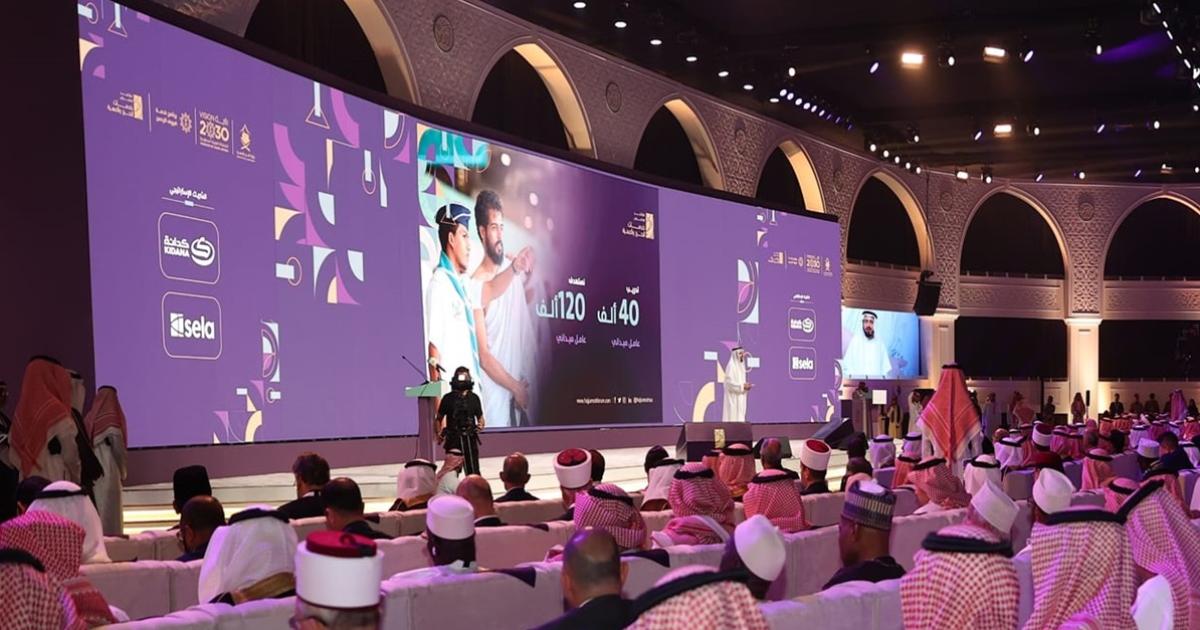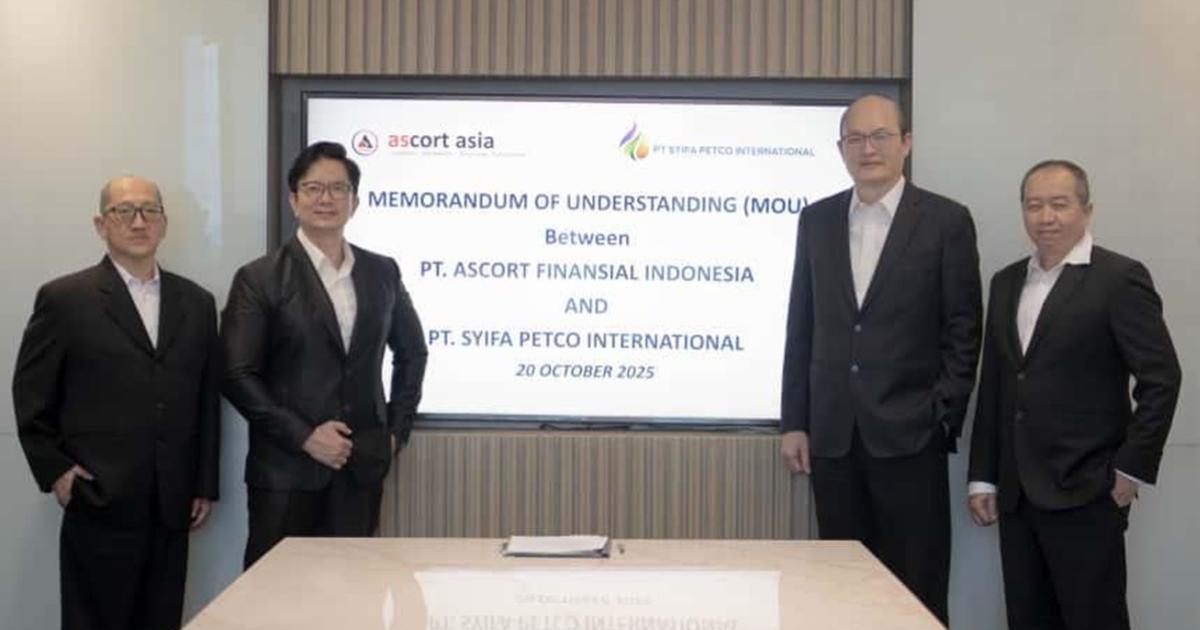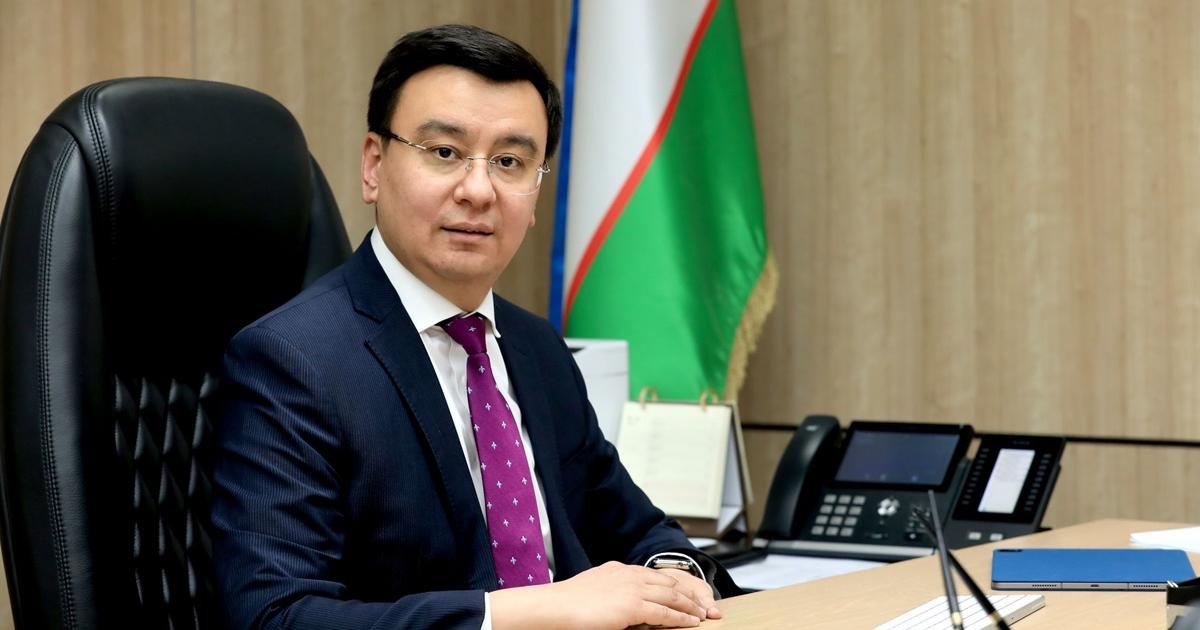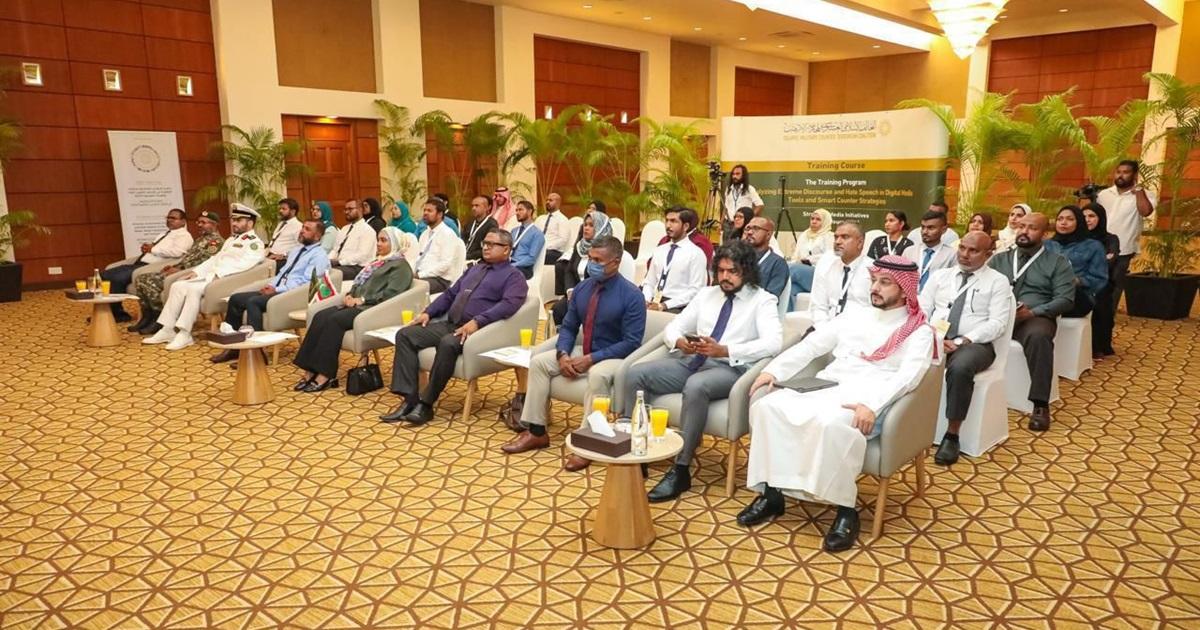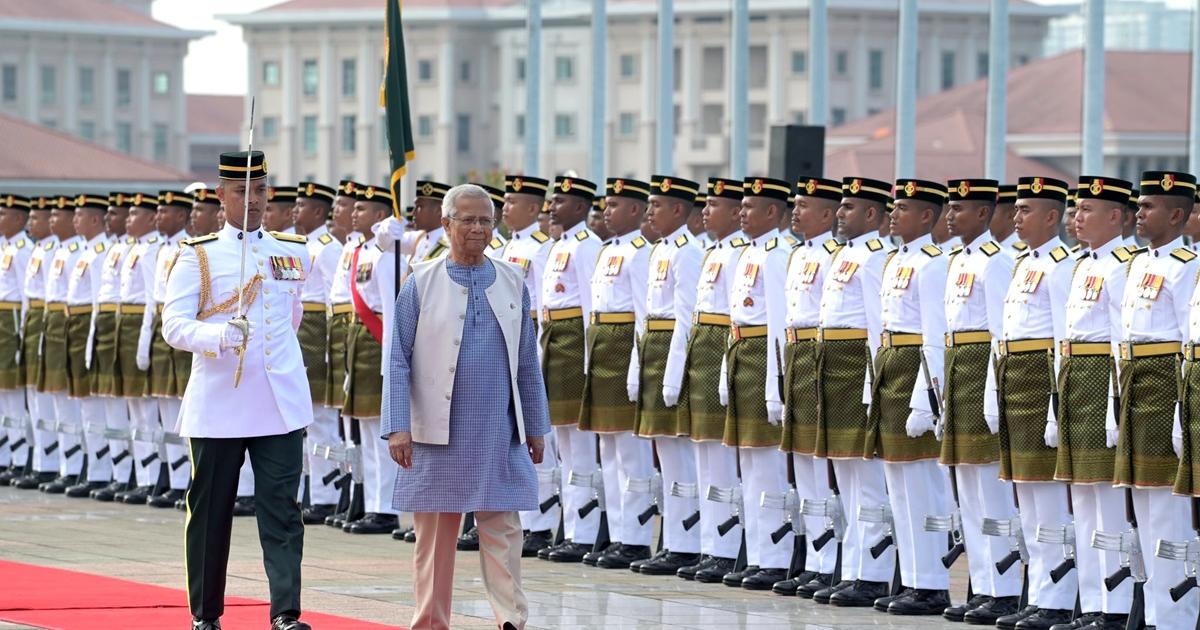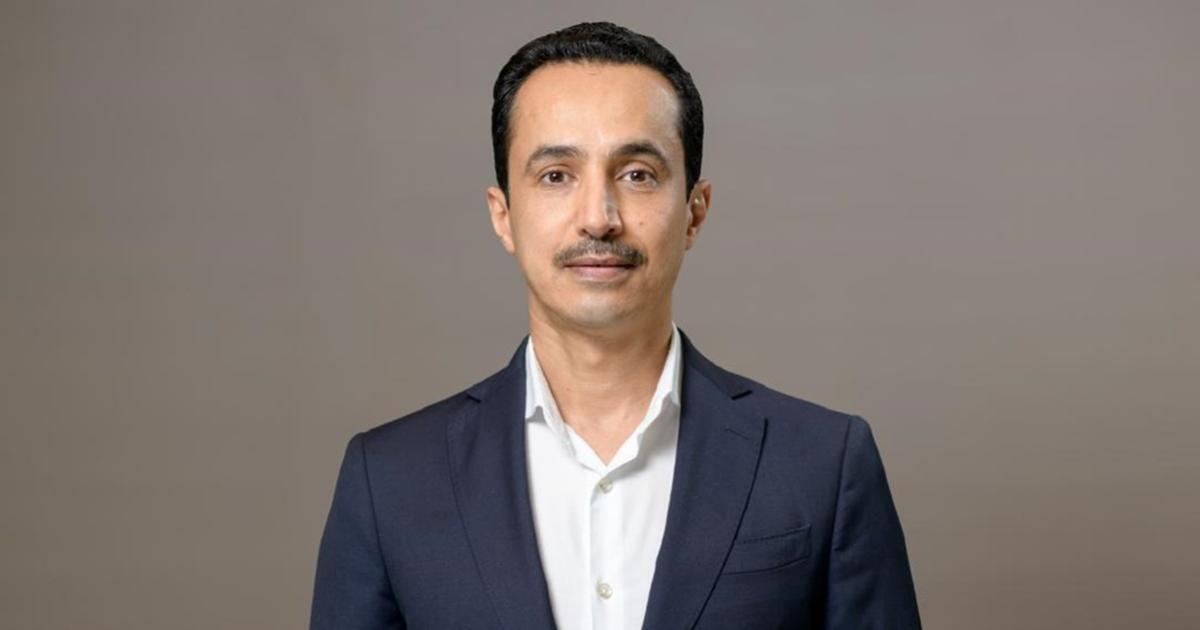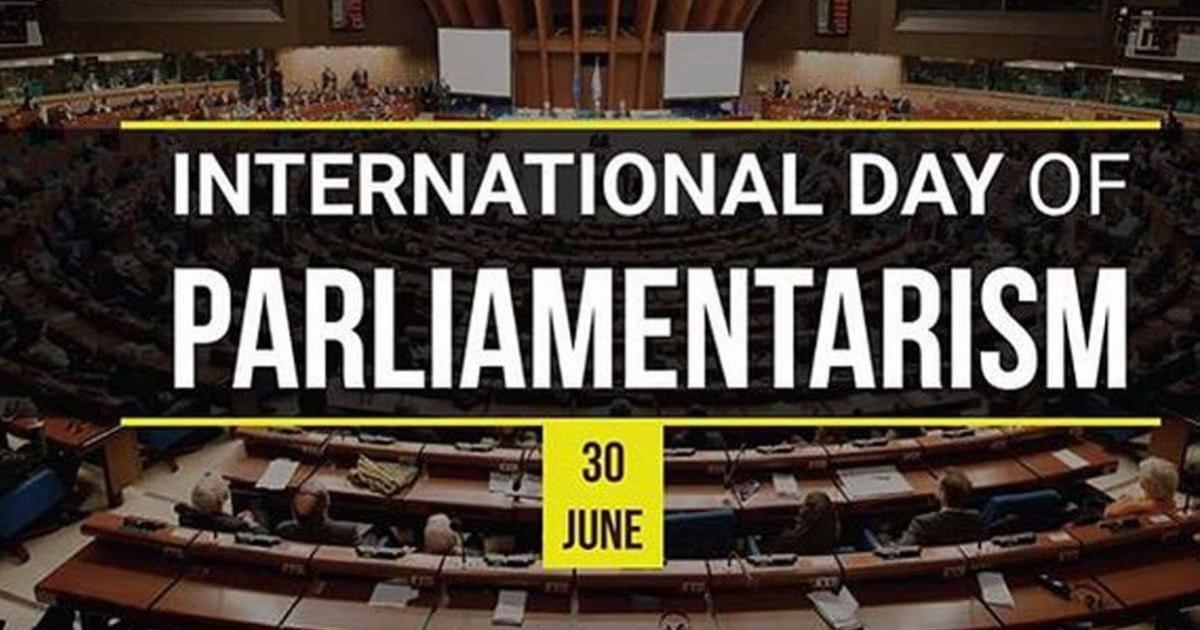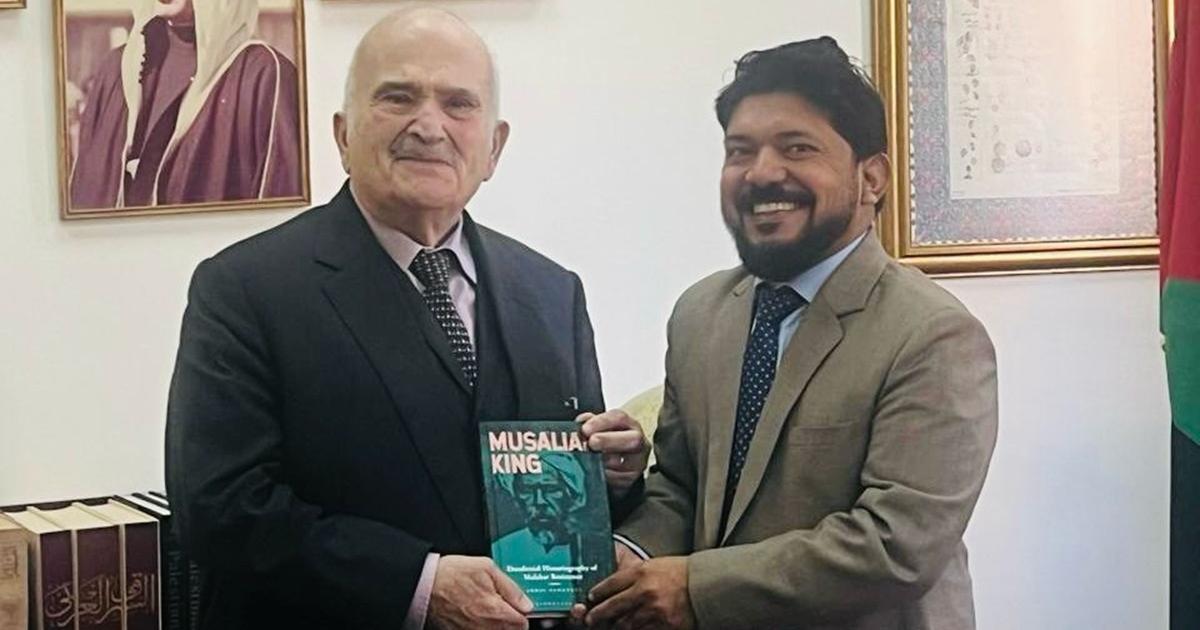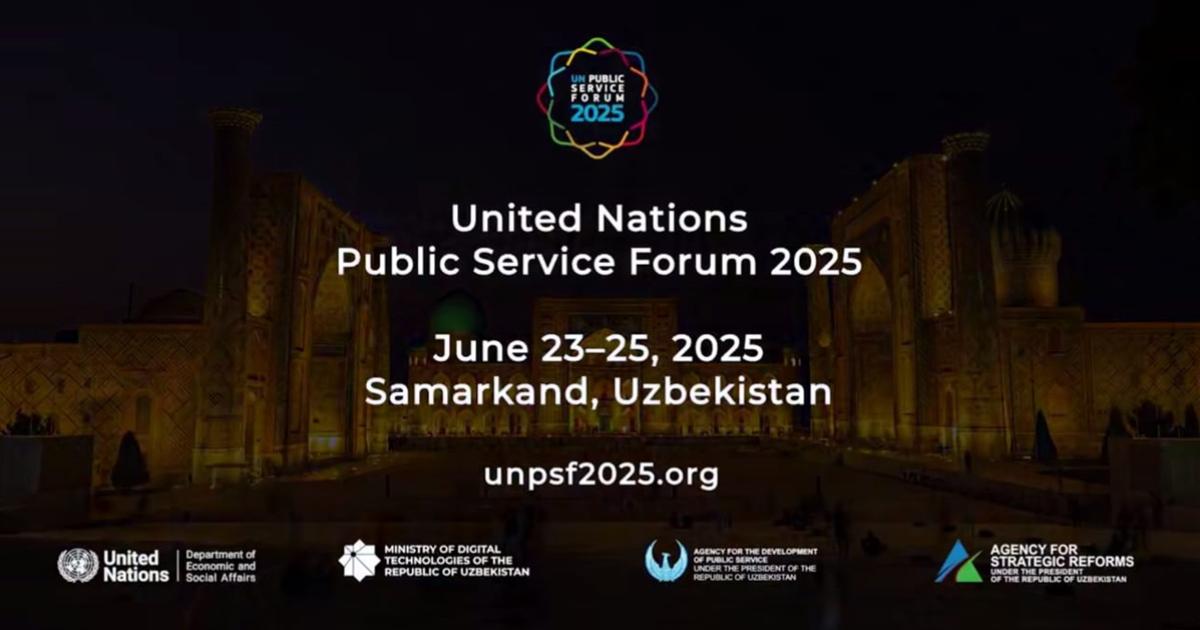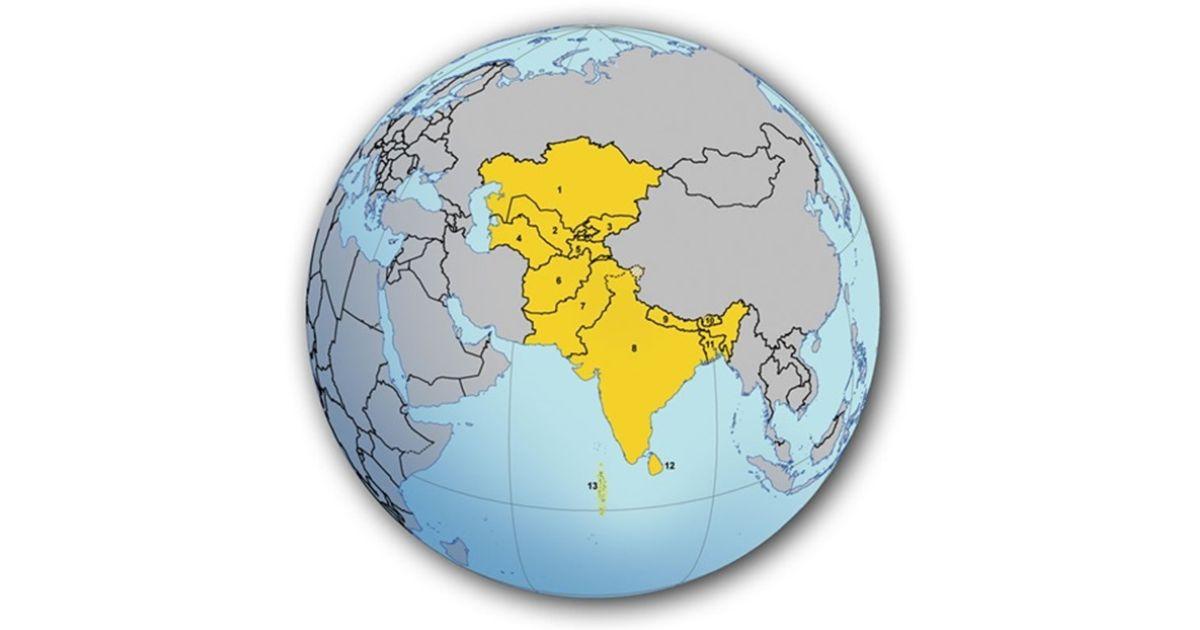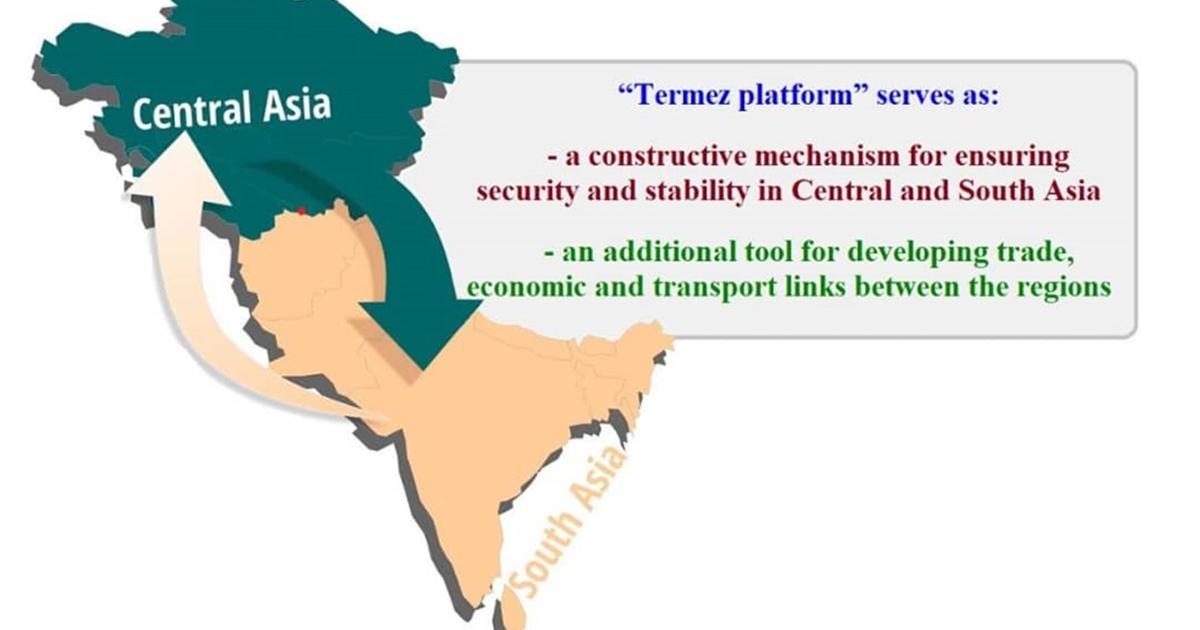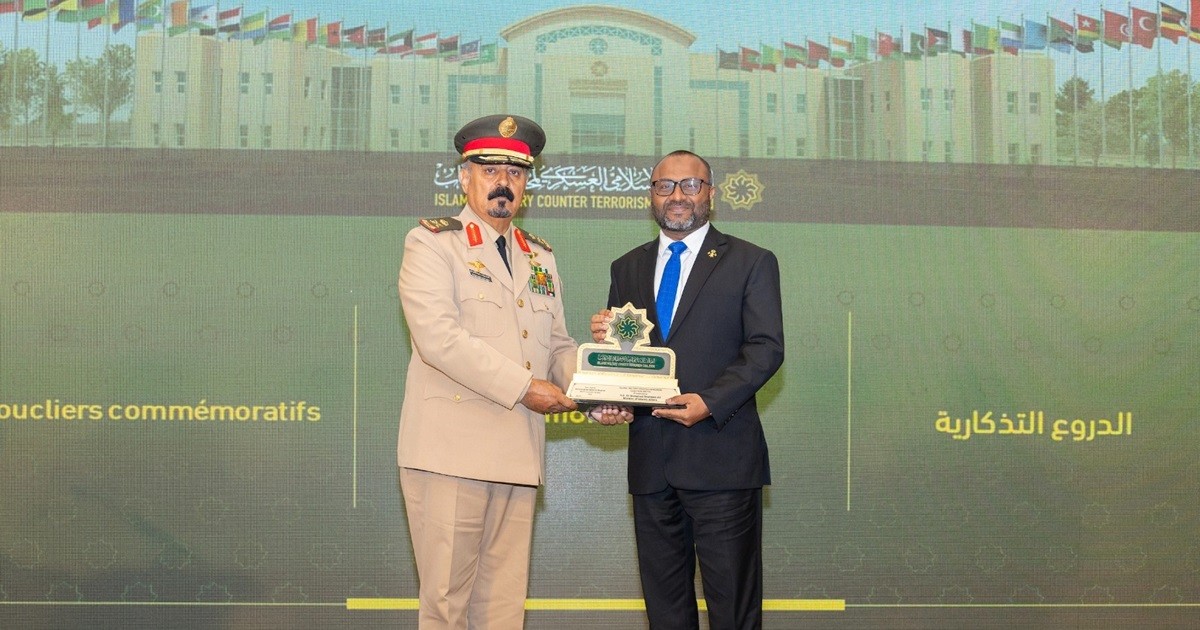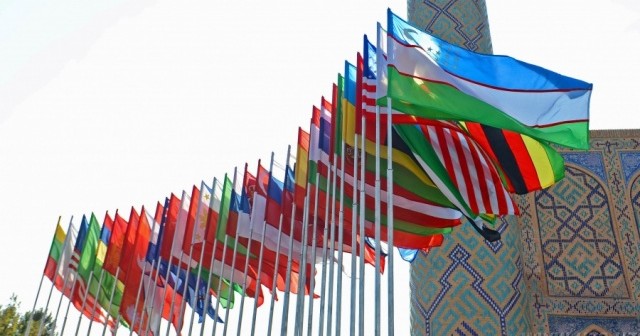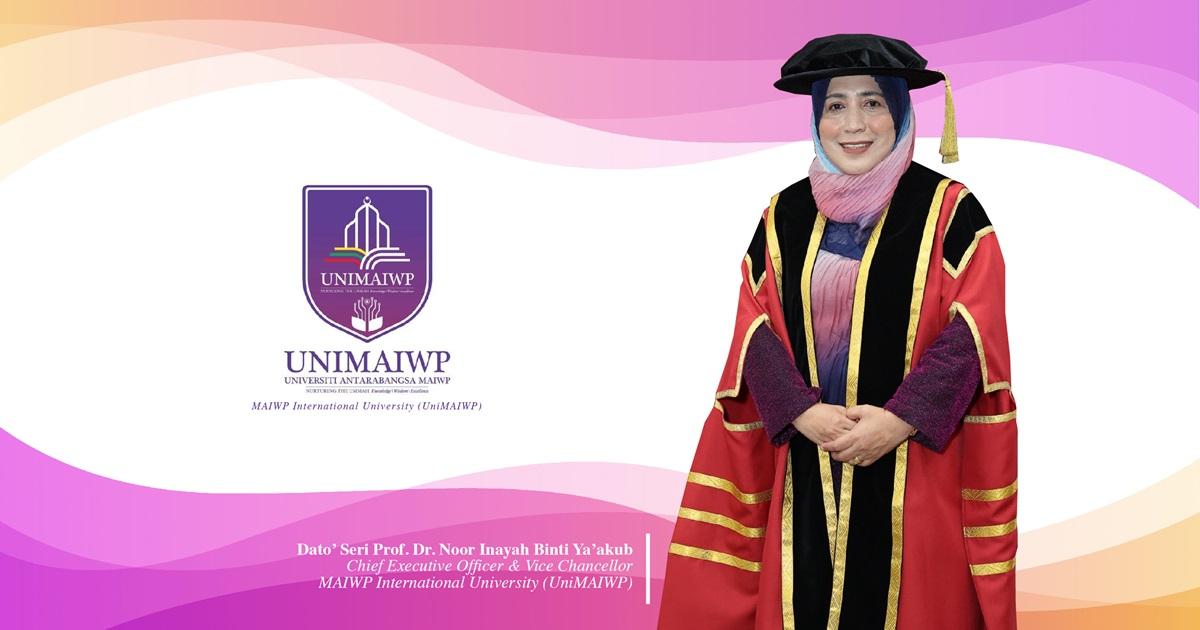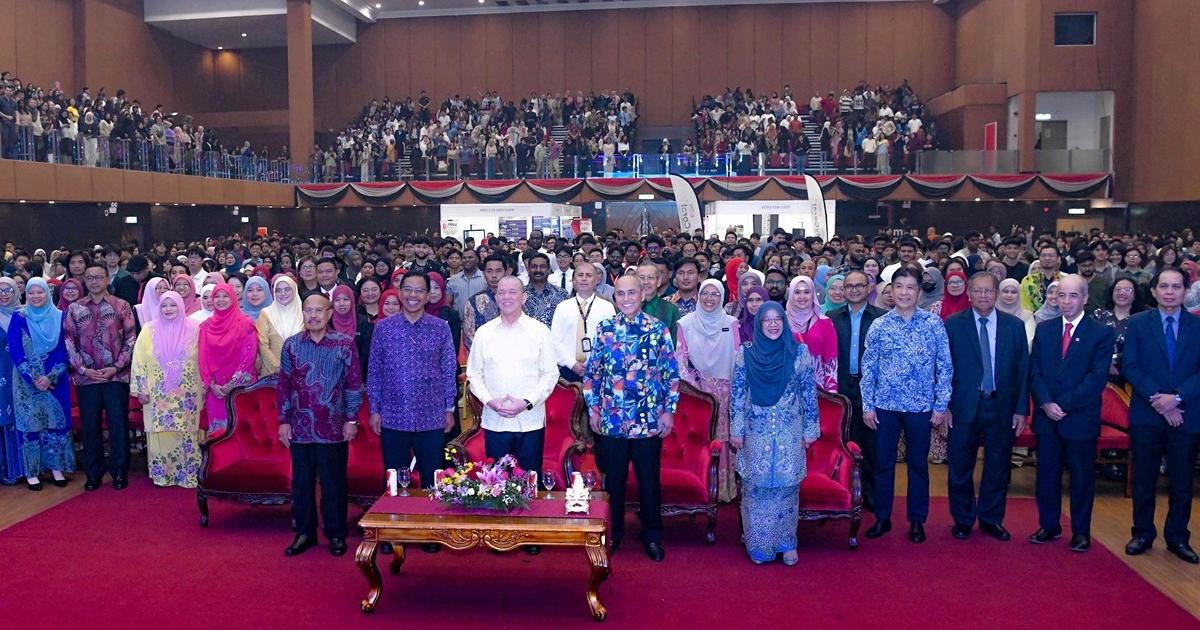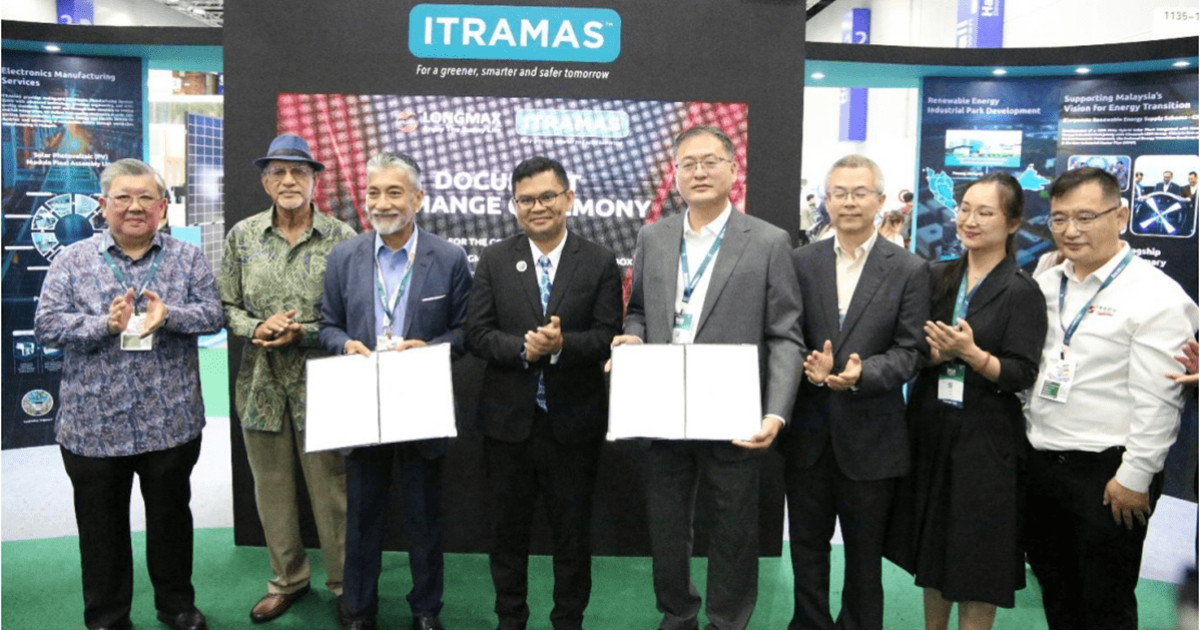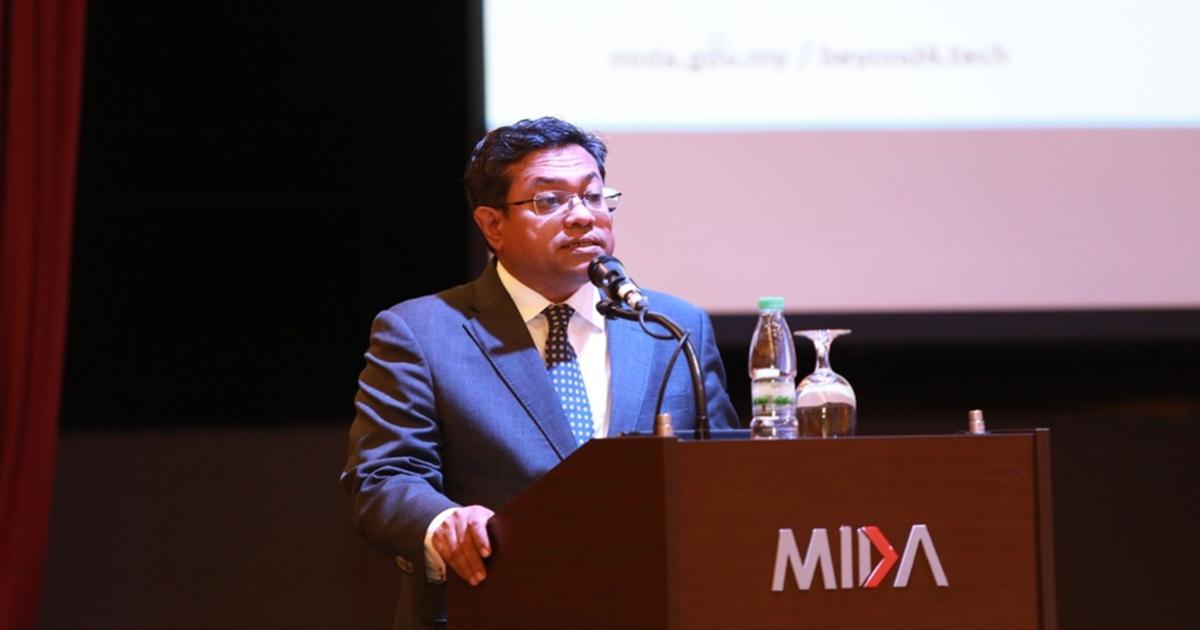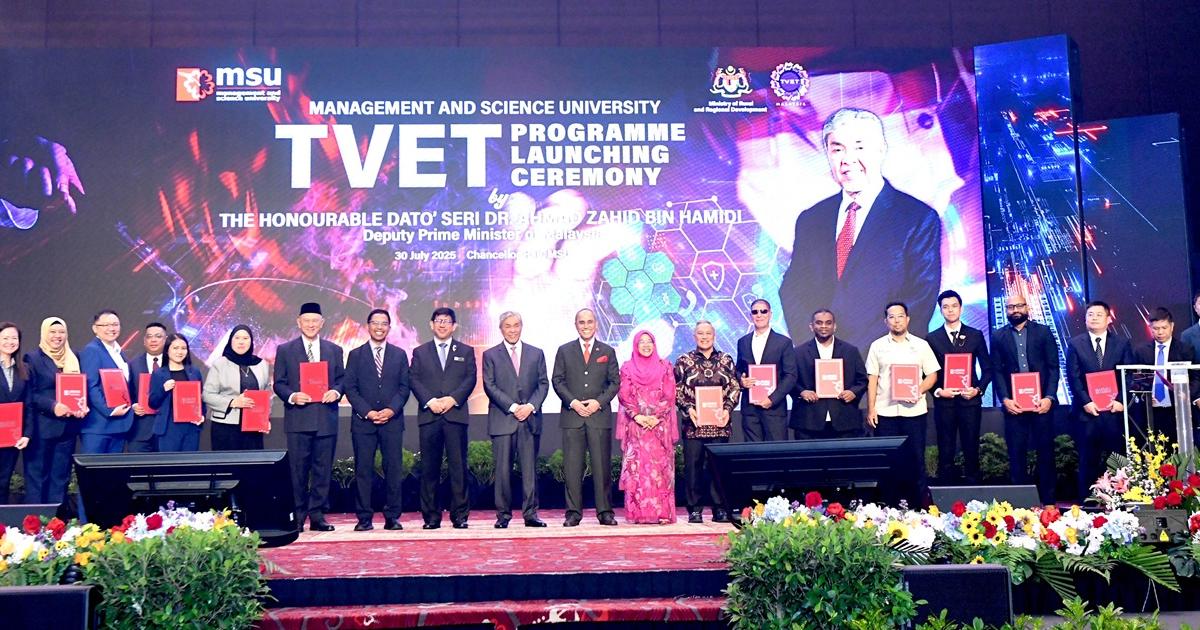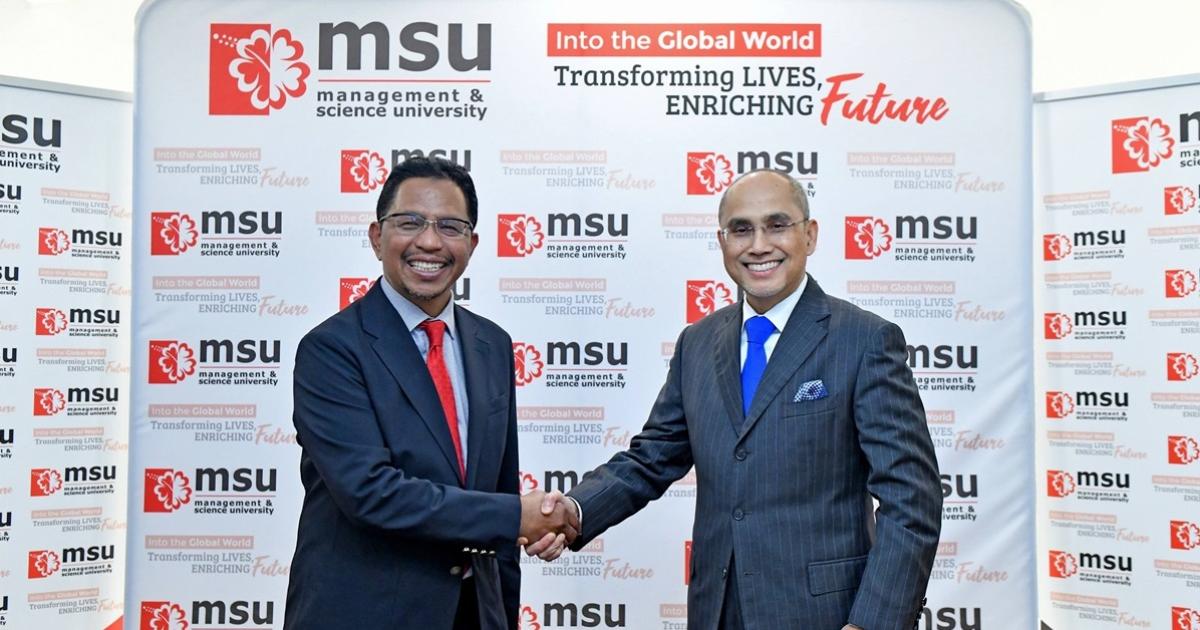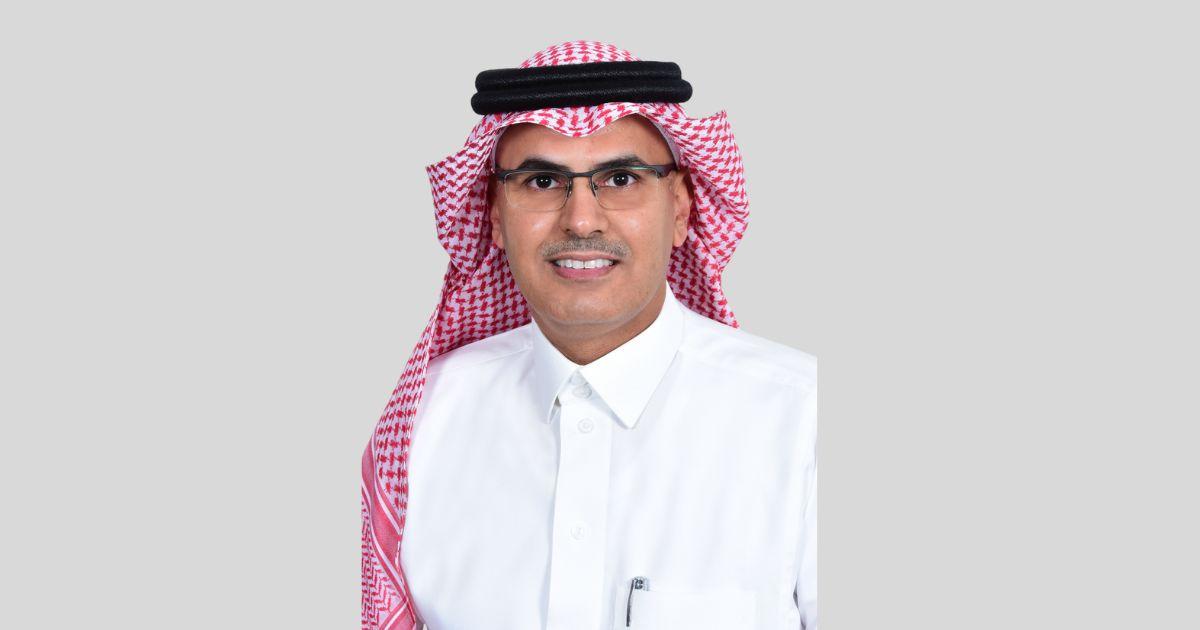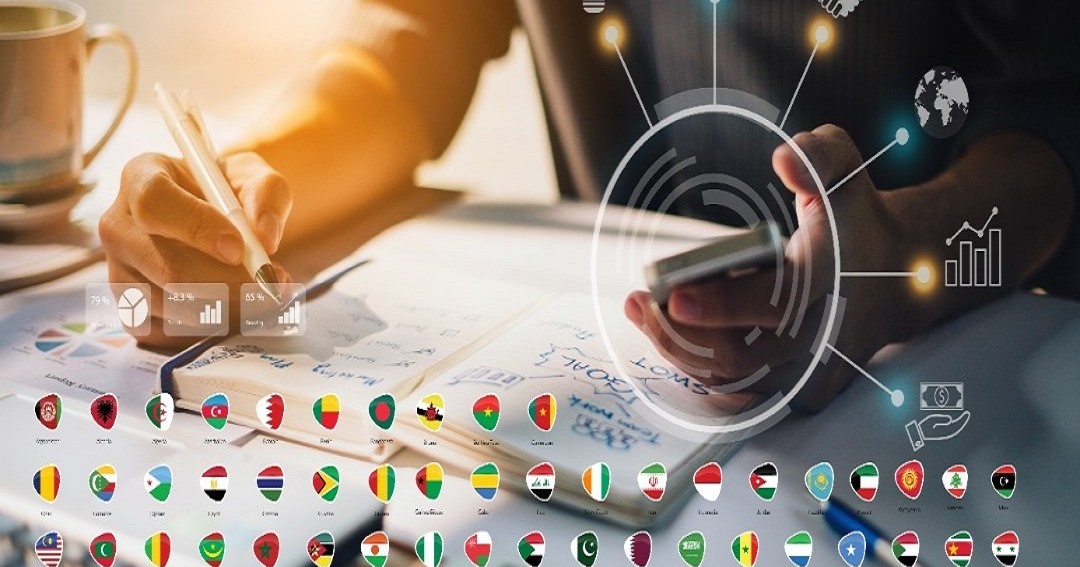
The Organisation of Islamic Cooperation (OIC) was formed in 1969 and carries the slogan, ‘The Collective Voice of the Muslim World’. It has 57 member states, including Malaysia, in over four continents. The formation of an Islamic common market is one of the objectives of the OIC as indicated in its Charter under Article 1, ‘To strengthen intra-Islamic economic and trade cooperation; in order to achieve economic integration leading to the establishment of an Islamic Common Market.’ It is also important to underscore one of the points of the Charter’s Preamble that mentions the OIC’s intention of fostering, ‘moderation, tolerance, respect for diversity, preservation of Islamic symbols and common heritage and to defend the universality of Islamic religion’. With the amalgamation of both key points, the establishment of an Islamic common market is ideally premised on Islamic values centred on Islam’s universality.
Moriarty, Mitchell, Wood, & Wells in their book, Advertising and IMC: Principles & Practices, published in 2019, defined Integrated Marketing Communication (IMC) as the fusion of marketing communication efforts (of which the key tools are advertising, public relations, direct marketing, and promotions) so that they disseminate a consistent brand message to target audiences who are in this case, Muslims. From the IMC perspective, in the pursuit of an Islamic common market marking the cooperation between member states for trade to flourish, the Muslim market and the halal industry come to mind. Islam is central to the life of Muslims, and this affects their consumer behaviour as depicted through their preference for halal products and Islamic IMC messages. Islamic symbols familiar to the Muslim market are important to imbue in IMC messages. This was evident through an advertising study by Fikriyudin, Ramdani, Abdullah, & Mokhtar in 2020, that was framed by the identification theory. The study found that the use of symbols in advertising messages that were familiar to the audience allowed for effective engagement between the sender and the receiver of the message.
Whilst pursuing the Islamic common market, rears the head of the COVID-19 pandemic. Suddenly, Muslims are living in a transformed environment called the new norm featuring the use of masks, hand sanitisers, face shields and social distancing and are trying to growing accustomed to it. The global number of COVID-19 cases is growing daily not helped by the appearance of new variants fought by the onslaught of various brands of vaccines each with a review. The World Health Organisation (WHO) reported on 11 August 2021 that globally there were 203,295,170 confirmed cases and 4,303,515 deaths. The pandemic appears to have given a brief pause to Muslim spending but this will soon recover. According to the State of the Global Islamic Economy Report 2020/2021, the Halal industry has been reported as having been affected by COVID-19 with a decrease of 8% in global Muslim spending in 2020 for the Islamic economy sectors with all sectors (food, pharmaceutical, cosmetics, fashion and media/recreation sectors) excluding travel to spring back by the end of 2021. The Report also established that spending by Muslims is projected to reach USD2.4 trillion by 2024 at a 5-year Cumulative Annual Growth Rate (CAGR) of 3.1%.
The Muslim market is large and growing, great news to the halal industry. The Pew Research Center projected the Muslim populace to rise from 1.8 billion in 2019 to 3 billion in 2060. It is a sizeable market for the halal industry and this serves as an opportunity for OIC countries to identify the needs and wants of the market and fulfill them through the offerings of halal products communicated through Islamic IMC campaigns. The heterogeneity of the Muslim populace from different member states amalgamated with the different phases of economic, social and political developments is harmonized through their single belief in Islam. The COVID-19 pandemic has affected the use of IMC campaigns and the state of traditional business models accelerated by the adoption of digital media by brands as the worlds’ businesses transfer to a safer platform to promote their wares. Regardless of the development in the new norm, the adoption of Islamic values should remain and be reinforced. Not only should the products be halal, their prices, places of distribution and IMC campaigns should also embrace Islamic values marking the notion of a holistic Islamic IMC effort.
Central to the pursuit of Islamic IMC, are the practitioners involved in the production of IMC messages (IMC practitioners), their clients, the media and vendors in the form of freelance photographers, printers and the like. As Muslim stakeholders, they need to refer to the Qur’an and Sunnah, be mindful that Allah Subhanahuwata'ala is the Supreme Being and the only one Creator, and that their purpose of life is to worship Him as evident by the Qur’anic verse in Surah Adz-Dzariyaat (Surah 51: Verse 56), “I have created the jinn and human kind only for My worship” and that Muslims carry the role of servants (al-ʿabd) and vicegerents of Allah Subhanahuwata'ala (khalīfatAllāhfī al-ʾarḍ) also known as caretakers of the earth.
This mindfulness gives practitioners a conscience and addresses the issue of “moral myopia” and “moral muteness” mentioned by Drumwright and Murphy in 2004 who found in their study that the advertising practitioners depicted “moral myopia” defined as a distortion of moral vision that prevents moral issues from coming into focus and “moral muteness,” denoted as the scarcity of morality being part of their discourse. When the mindfulness of the role of Muslim IMC practitioners in Islam is apparent, this will ensure that their moral vision is clear and that morality is discussed openly for Islamic IMC campaigns to take place.
When Muslim IMC practitioners plan for IMC campaigns that target the Muslim market, whose members comprise Muslims on a continuum ranging from the lenient to the conservative, this should not deter them from focusing on the Islamic principle, “enjoining what is right, forbidding what is wrong,” based on Surah Al ‘Imran (Surah 3: Verse 110) which mentions, “Ye are the best of peoples, evolved for mankind, enjoining what is right, forbidding what is wrong, and believing in Allah. If only the People of the Book had faith, it were best for them: among them are some who have faith, but most of them are transgressors.” It is the responsibility of Islamic IMC stakeholders involved in the production of Islamic IMC messages to ensure that they are focused on ideals based on Islamic values based on the noble qualities al-amanah (trustworthiness) and al-mas’uliyyah (responsibility), that must be practised daily to fashion the ethical character of Muslims, mention Mohd Hasrul Shuhari et al in their 2019 research article.
Member states of the OIC could attain multidimensional success through their close affiliations. Unity in diversity is the way forward for the Islamic common market to become a reality based on Islamic values. The practice of IMC embracing Islamic values would bind the member states further by adopting common, Islamic fundamentals.
- Business News 100
- Country News 16
- Feature News 30
- International News 151
- Interview News 35
- National News 18





